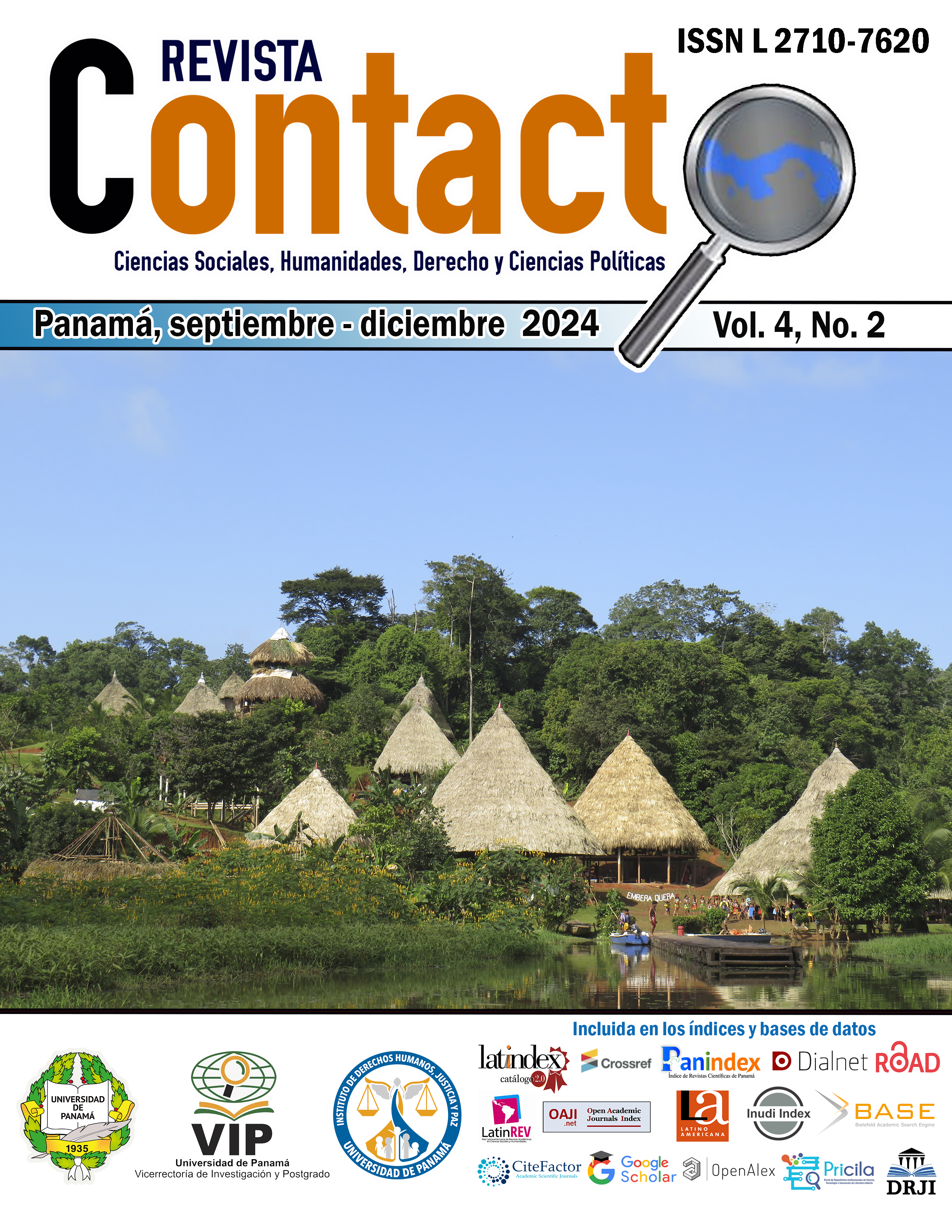

Copyright (c) 2025 Revista Contacto

This work is licensed under a Creative Commons Attribution-NonCommercial-ShareAlike 4.0 International License.
The socio-economic crisis of recent years has had a profound impact on university education in Panama, weakening both the quality of education and access to necessary resources for students and teachers. Despite progress in the implementation of technological tools and hybrid modalities, significant challenges remain, such as the lack of adequate infrastructure, Inadequate budgets and an education system which does not sufficiently encourage critical thinking or respond to current labour needs. The crisis has led to many young people dropping out of school and has highlighted the difficulty for teachers in adapting to new pedagogical approaches, especially those based on technology. Public universities have been the most economically affected, limiting their ability to ensure quality training. Although Panama has a legal framework to ensure the quality of education (Law 52 of 2015 that creates the National System of Evaluation and Accreditation for the improvement of the quality of Higher University Education), these mechanisms have not been able to mitigate the effects of the crisis. In addition, the labour market is not prepared to absorb university graduates who face difficulties in finding well-paid jobs. Despite the increase in enrolment and attainment of advanced degrees, Panamanian higher education faces a high social responsibility in an uncertain context where investment in education remains fundamental for the country’s sustainable and competitive development.